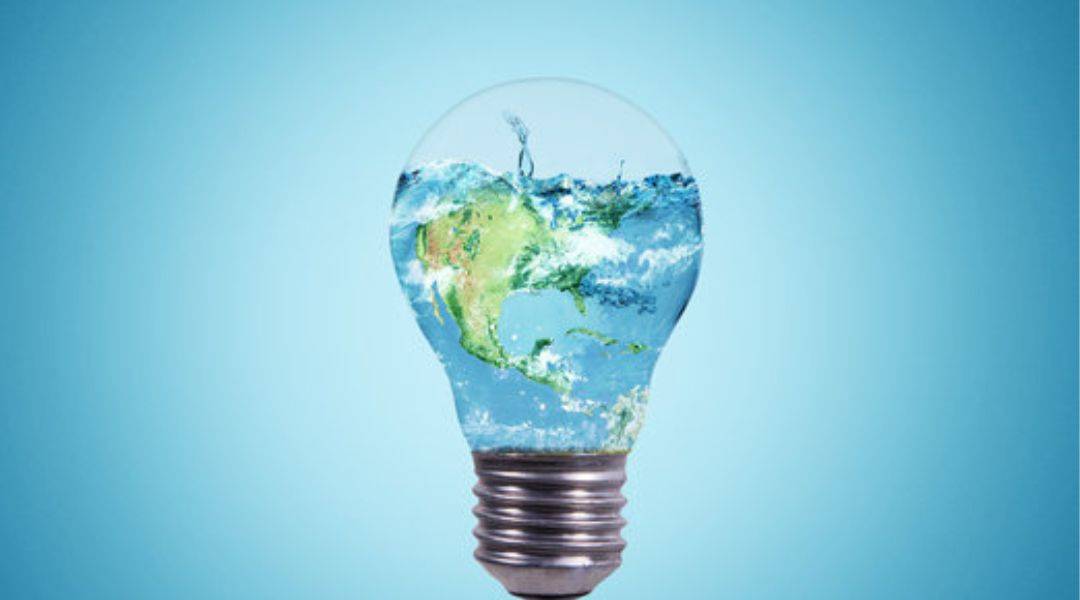Smart Water for Smart Cities: Building the Water Systems of Tomorrow
By Navkaran Singh Bagga, Founder & CEO, AKVO
Water is a fundamental resource shaping economies, societies, and environments. With rapid urbanization and climate change affecting water availability, cities must adopt Smart Water Management to ensure a sustainable and efficient future.
The Need for Smart Water
Traditional water infrastructure struggles to meet modern urban demands. Smart Water integrates IoT, AI, and predictive analytics to optimize distribution, detect leaks, and improve quality.
Technology & Innovation in Water Management
Smart meters track real-time consumption, AI detects inefficiencies, and Atmospheric Water Generators (AWG) extract water from air, reducing dependence on traditional sources. Water quality sensors further ensure safe drinking water supply.
Policy & Public-Private Collaboration
Governments must implement regulatory frameworks that encourage water conservation and technological innovation. Public-private partnerships are key to developing sustainable water systems.
CSR & Sustainable Urbanism
Corporate Social Responsibility (CSR) is no longer just an obligation—it is a commitment to long-term water sustainability. Businesses can contribute by adopting smart water strategies, implementing rainwater harvesting, and promoting circular water economies.
The Future of Water in Smart Cities
The transition to smart water solutions is not just an engineering challenge but a moral and environmental imperative. By embracing innovation, collaboration, and sustainability, we can create resilient urban water systems for present and future generations.


